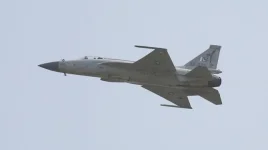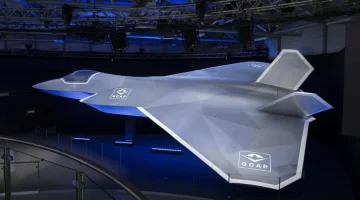- Views: 2K
- Replies: 14
In a surprising turn of events, Azerbaijan has reportedly expressed interest in acquiring Indian-made weapons, despite previously criticizing the quality of Indian arms sold to Armenia.
This unexpected overture, conveyed through intermediaries in a Middle Eastern country, comes as Azerbaijan seeks to diversify its sources of military equipment. However, sources suggest that India has rebuffed this indirect request, choosing to prioritize its existing defence partnerships.
Azerbaijan's earlier criticism stemmed from India's recent military sales to Armenia, which included Pinaka Multi-Barrel Rocket Launchers (MBRLs) and other munitions.
Azerbaijan's Defence Ministry publicly questioned the effectiveness of these weapons, asserting that they had a negligible impact on the military balance and could be easily countered. This critique underscored the ongoing tensions in the South Caucasus region and highlighted the shifting dynamics of military alliances and perceptions.
Traditionally, Azerbaijan has relied heavily on Turkey and Israel for its military hardware. However, recent geopolitical developments, including Israel's focus on operations in Gaza and a consequent reduction in arms exports, have prompted Azerbaijan to explore alternative sources.
India, meanwhile, has been actively promoting its "Make in India" initiative, aiming to become a major player in the global arms market. Its defence industry has developed significant capabilities in manufacturing artillery, missiles, and small arms, which are now being marketed internationally.
Azerbaijan's indirect approach, through a third-party country in the Middle East, could be an attempt to maintain a diplomatic distance while exploring potential avenues for arms procurement. This approach may also reflect the sensitive nature of military sales in the region, where any perceived shift in alliances can have significant geopolitical ramifications.
Despite this interest, sources suggest that India has declined to engage with Azerbaijan's request. India reportedly conveyed through the intermediary nation that it prefers to determine its own bilateral relations and priorities without third-party involvement. This response underscores India's commitment to its existing defence partnerships, particularly with Armenia, which is seen as a key strategic partner in the region.
While this development presents a complex geopolitical situation, it also highlights India's growing prominence in the global arms market. As India continues to expand its defence manufacturing capabilities and export its products, it will likely face increasing challenges in navigating the complex web of regional alliances and rivalries.


